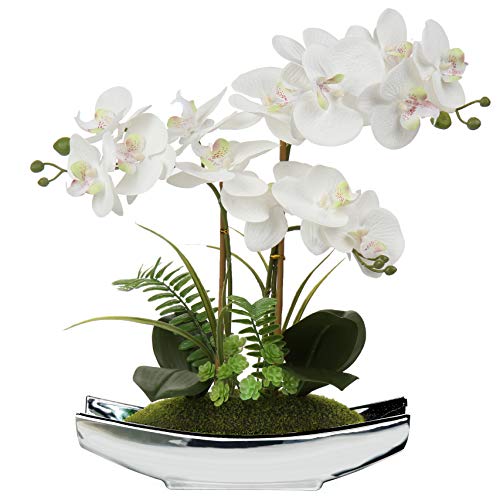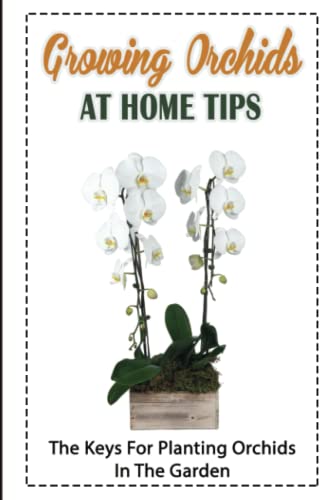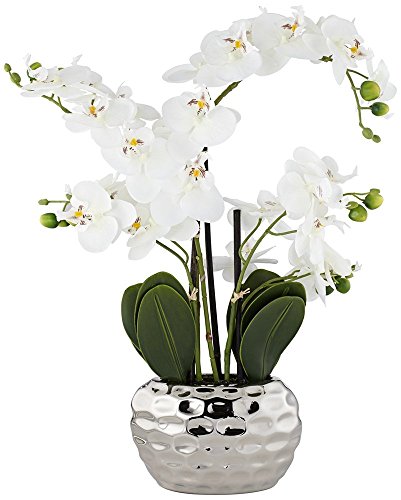Another_World_Terraria
Member
I created a cloud forest grow tent with cool temps so I can grow INT-COOL growers. It has a humidifier, misting system, frequent air movement from fans, frequent ventilation, and cool air supply intermittently.
I got Phragmipedium besseae and have it potted on the bottom of the tent. The primary source of water for this plant will probably be a shallow tray for the pot to sit in, and/or me manually watering it directly at the substrate.
The problem is with the misting system: It turns on once per day for about 20 seconds. The water will land on the Phrag and may collect in the crevices of the growth where the leaves meet. The air flow is good and it dries out within a few hours, however I can't guarantee the drying out / air flow will always reach the inner crevices so there could be some persistent water between the overlapping leaves and growth tips. I really don't know for sure if it will be like that, but am considering it could happen. I know it likes to grow wet, but I also know in nature it probably gets most water at the roots from seepages. I'm not sure how often that species gets top watered by rain in its natural habitat.
I'm worried with frequent water from the misting system in the growing tips between the leaves, it could rot. But I also know there are some cloud forest and wet growing orchids which wouldn't care in the least about something like that.
On a side note, the package this orchid came in got lost and then delayed for over two weeks, so the leaves have some black dying patches in various areas, but the overall plant seems OK.
TLDR: I will have Phrag besseae in good conditions other than the daily top misting which I'm afraid could settle inside the leaves and cause rot. Do you think this species would be resistant to rot from daily top watering?
Thanks for any help
I got Phragmipedium besseae and have it potted on the bottom of the tent. The primary source of water for this plant will probably be a shallow tray for the pot to sit in, and/or me manually watering it directly at the substrate.
The problem is with the misting system: It turns on once per day for about 20 seconds. The water will land on the Phrag and may collect in the crevices of the growth where the leaves meet. The air flow is good and it dries out within a few hours, however I can't guarantee the drying out / air flow will always reach the inner crevices so there could be some persistent water between the overlapping leaves and growth tips. I really don't know for sure if it will be like that, but am considering it could happen. I know it likes to grow wet, but I also know in nature it probably gets most water at the roots from seepages. I'm not sure how often that species gets top watered by rain in its natural habitat.
I'm worried with frequent water from the misting system in the growing tips between the leaves, it could rot. But I also know there are some cloud forest and wet growing orchids which wouldn't care in the least about something like that.
On a side note, the package this orchid came in got lost and then delayed for over two weeks, so the leaves have some black dying patches in various areas, but the overall plant seems OK.
TLDR: I will have Phrag besseae in good conditions other than the daily top misting which I'm afraid could settle inside the leaves and cause rot. Do you think this species would be resistant to rot from daily top watering?
Thanks for any help




































